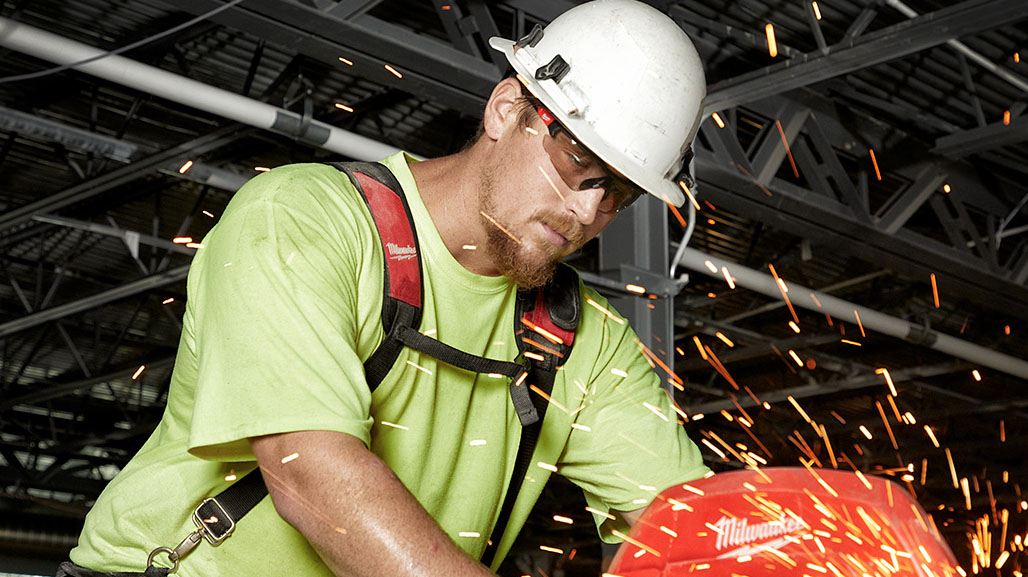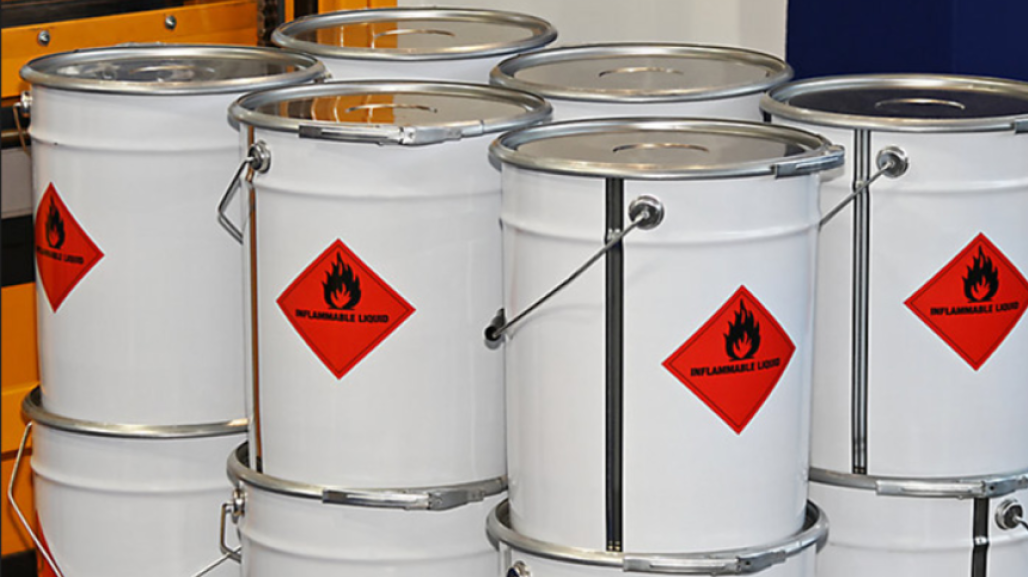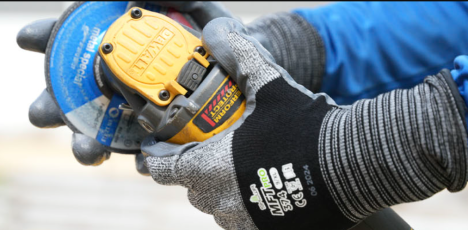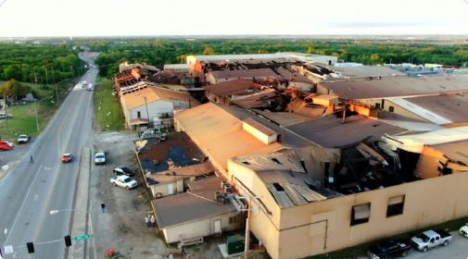OSHA Seeks More Details on High-Risk Workplace Injuries
The U.S. Occupational Safety and Health Administration is considering a rule requiring higher-risk businesses to report more details on workplace injuries.
The U.S. Occupational Safety and Health Administration is considering a rule requiring higher-risk businesses to report more details on workplace injuries.
The U.S. Occupational Safety and Health Administration is proposing a rule that would require U.S. employers in higher-risk industries including metalworking and machining to submit more detailed digital records on workplace injuries and illness, some of which it would post online.
If approved in its current form, the new regulation would apply to firms with 100 or more employees in industries from metal production and processing to shipbuilding and vegetable farming, according to a draft published in the Federal Register.
An existing requirement that a broader swath of companies with 250 or more workers submit an annual summary of injuries and illness would be lifted, however, creating a more tailored structure than the one in place now, the agency says.
“The number of workers injured or made ill on the job remains unacceptably high,” with more than 3 million cases a year that necessitate more than first aid, agency officials write in an explanation of the reasoning behind the rule change.
“OSHA currently has limited information about the injury/illness risks facing workers in specific establishments, and the proposed rule would increase the agency’s ability to focus resources on those workplaces where workers are at high risk,” officials say.
Requiring covered employers to submit case-specific data would expand the agency’s access to information that companies are required to keep already on Forms 300, 301 and 300A, some of which OSHA can’t typically examine now without an inspection, the officials say.
Since OSHA compliance officers are able to inspect only a small portion of U.S. workplaces each year, “and it would take many decades to inspect each covered workplace in the nation even once,” it’s critical for the agency to increase its impact on the “thousands of establishments where workers are being injured or made ill but which OSHA does not have the resources to inspect,” they say.
While almost all the employers currently required to track illness and injuries would have to continue doing so under the proposed rule change, only those in the more hazardous fields designated by OSHA would have to submit detailed reports to the agency.
Those industries, identified in a list of a little more than 100 included as an appendix to the draft rule, would have to submit not only the summary of injuries and illness they prepare now using OSHA Form 300A but also the detailed information tracked on two others: Form 300 and Form 301.
Form 300, a log of injuries and illness, includes the worker’s name, job title, date and description of what happened and the outcome, such as days away from work or restricted work activity.
Form 301, the Injury and Illness Incident Report, delves further into the circumstances as well as the employee’s background. It lists the worker’s name, address, date of birth and hiring date as well as the name and address of the healthcare worker providing treatment. A more precise description of where and how the injury or illness occurred is recorded also.
OSHA says it intends to post much of the information collected under the proposed regulation on the internet. To maintain workers’ privacy, it will exclude some fields on the forms – such workers’ names and contact information – from collection.
On others, it will use a process known as de-identification to remove overlapping data points that might identify workers indirectly, such as the names of their doctors or healthcare professionals.
The agency has received only limited feedback so far from a public comment period, which is required before federal agencies can finalize new regulations and put them into effect.
The initial comment period, which was set to expire May 31, has now been extended through June 30.
Typically, input from individuals and companies affected by new regulations is reviewed and, when appropriate, used to modify an initial proposal.
If the agency proposing the regulation deems the updated version a final rule, copies of it are sent to the Government Accountability Office and Congress for review and it can take effect upon publication in the Federal Register or within a specified time frame after that.
OSHA estimates its new rule on digital injury reports would cost the private sector $3.9 million a year, or about $81 per affected business.
Those figures, however, significantly underestimate the impact on small companies, according to the National Federation of Independent Business, a Washington, D.C.-based advocacy group that wants the proposal withdrawn.
"Unlike larger businesses, small and independent businesses often cannot afford the experts, accountants, and lawyers needed to comply with complex government reporting regimes,” David Addington, the group’s general counsel, said in written comments submitted to OSHA. “Regulatory compliance often is a do-it-yourself project for an already overburdened small business owner.”
Additionally, the agency should be particularly cautious in how it scrubs identifying information from the reports it plans to publish, says the American Industrial Hygiene Association.
“Data related to personal injury can be combined with other readily available data from newspapers, community ‘gossip,’ etc., and then used to identify the affected individuals,” warned Mark Ames, director of government relations for the association. “Once identified, the individuals could be harassed or encouraged to file lawsuits or additional claims against employers.”
The AFL-CIO, a federation of the world’s largest labor unions, said it welcomes OSHA’s attempt to improve injury- and disease-tracking and has created a working group to develop its responses, which haven’t yet been filed. The organization requested a 30-day extension to offer its feedback in early May.
The detailed information that OSHA proposes collecting may be more useful in helping workers understand on-the-job risks than the aggregate data reported by the U.S. Labor Department today, according to the National Institute for Occupational Safety and Health, a division of the U.S. Centers for Disease Control and Prevention.
While current Labor Department reports on workplace injuries are useful for gauging risks by industry, they are less ideal for helping employees understand the potential dangers they face at their own workplaces each day, the agency said in an analysis submitted to OSHA.
“The narrative case report data that would be collected under the proposed rule could provide concrete, real-world accounts of how injuries occur,” its officials added.
“These narratives could be used by workers, along with injury rate statistics, to better understand how to spot hazards at work,” NIOSH said. “They could also be used by managers or worker organizations to help teach workers how injuries occur and how they can be prevented.”
How much time does your business spend complying with OSHA’s rules on reporting workplace injuries and illness? Tell us in the comments below.




